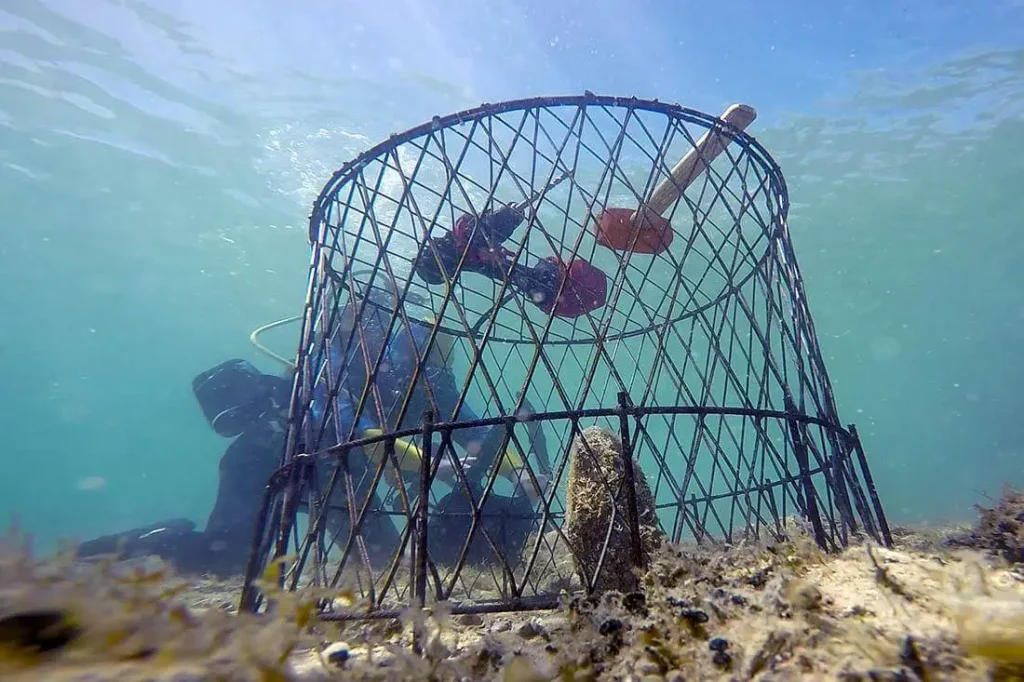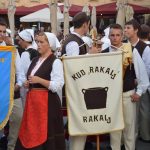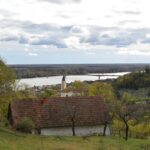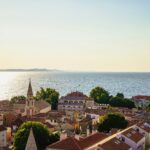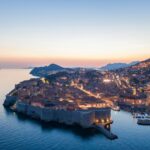Morski.hr reports that four noble pen shells (Pinna Nobilis), named Tara and Sara in Pula, and Mara and Pina in Medulin, have survived in the wild despite the plague that has gripped the entire Mediterranean in recent years.
Metal cages were set up to protect the surviving specimens from potential predators, which are also, unfortunately, humans. The openings on them are small enough to stop gilthead seabream, octopus, and bumpy starfish and large enough to allow seawater flow with phytoplankton and zooplankton that Pinna Nobilis feed on by filtering water.
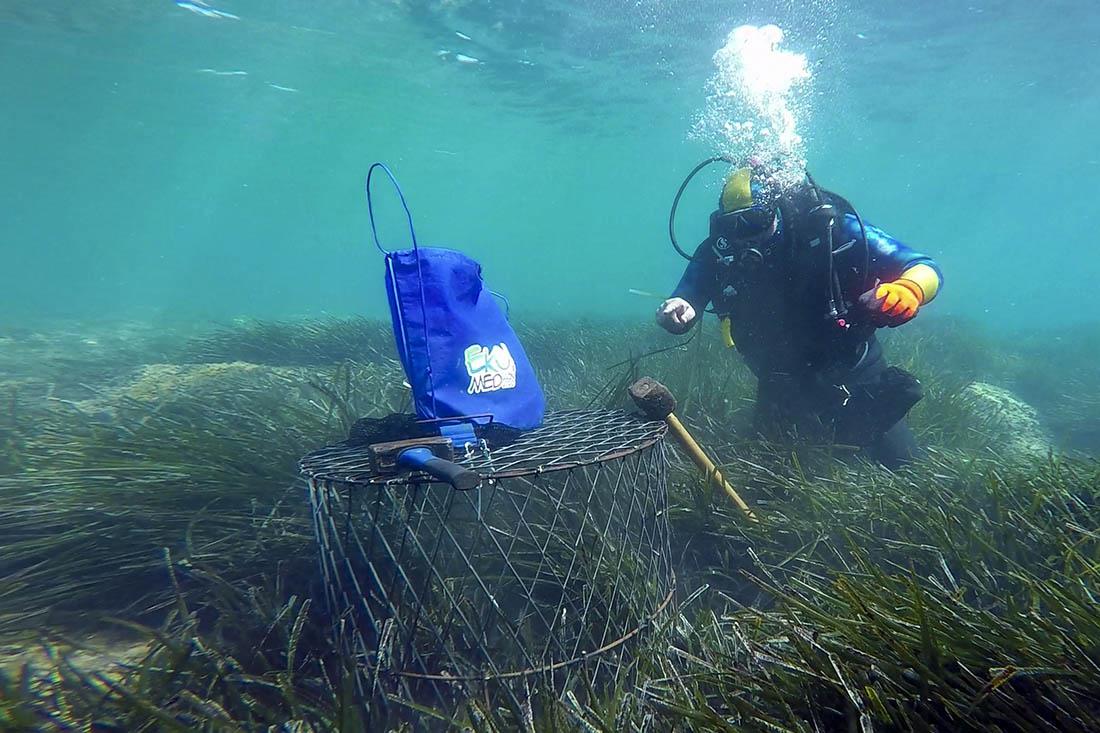
Marinko Babic
To avoid placing concrete blocks, they used a more environmentally friendly technique to drill the base with an underwater electric drill and install screws to secure the cages.
Like the previous activities of the Eko More Association, the installation of protective cages was carried out in coordination and by order of the competent institutions (Ministry of Economy and Sustainable Development – Institute for Environmental Protection, Brijuni National Park, JU Natura Histrica).
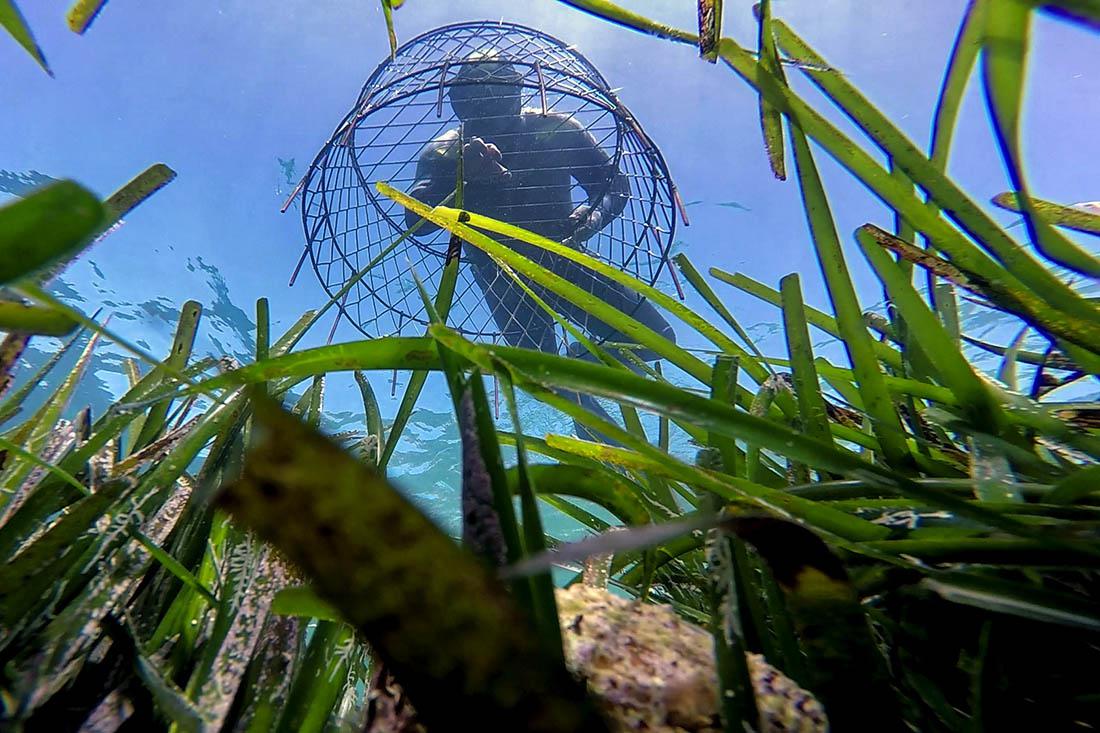
Marinko Babic
Summer is ahead of us and a critical period for Tara, Sara, Mara, and Pina, as the endoparasite Haplosporidium pinnae become active at sea temperatures above 13.5 ° C. The noble pen shells recovered nicely during the winter and grew 10-15 mm, which gives a glimmer of hope that they will successfully survive this summer as well.
Anyone who has useful information or observations can help in the search for other surviving Pinna Nobilis, which they can report to their Facebook page “Eco Sea Medulin.”
In September 2020, Croatian scientists gathered at a conference aimed at expanding the Natura 2000 network. They sent out a stern warning regarding the future of the noble pen shell in the Mediterranean. The noble pen shell population has been in steep decline, and the scientists warn that, unless measures are initiated, we could lose the species forever.
For more about lifestyle in Croatia, follow TCN’s dedicated page.

